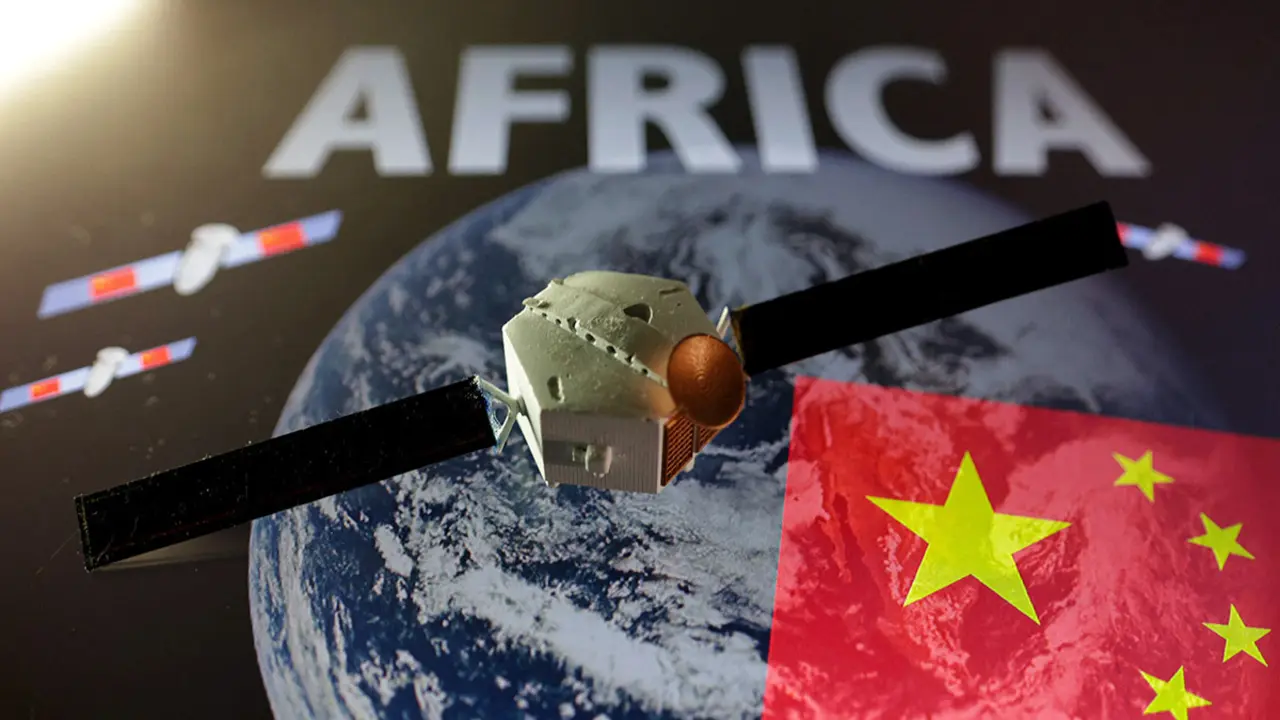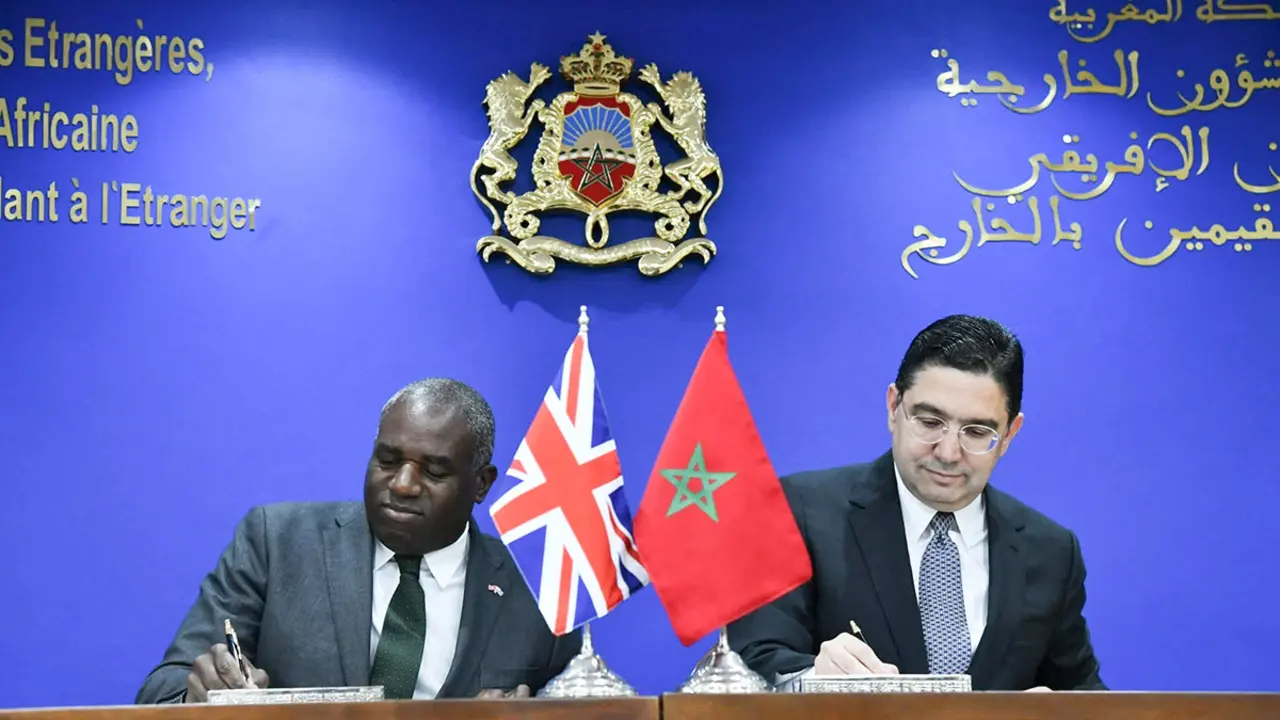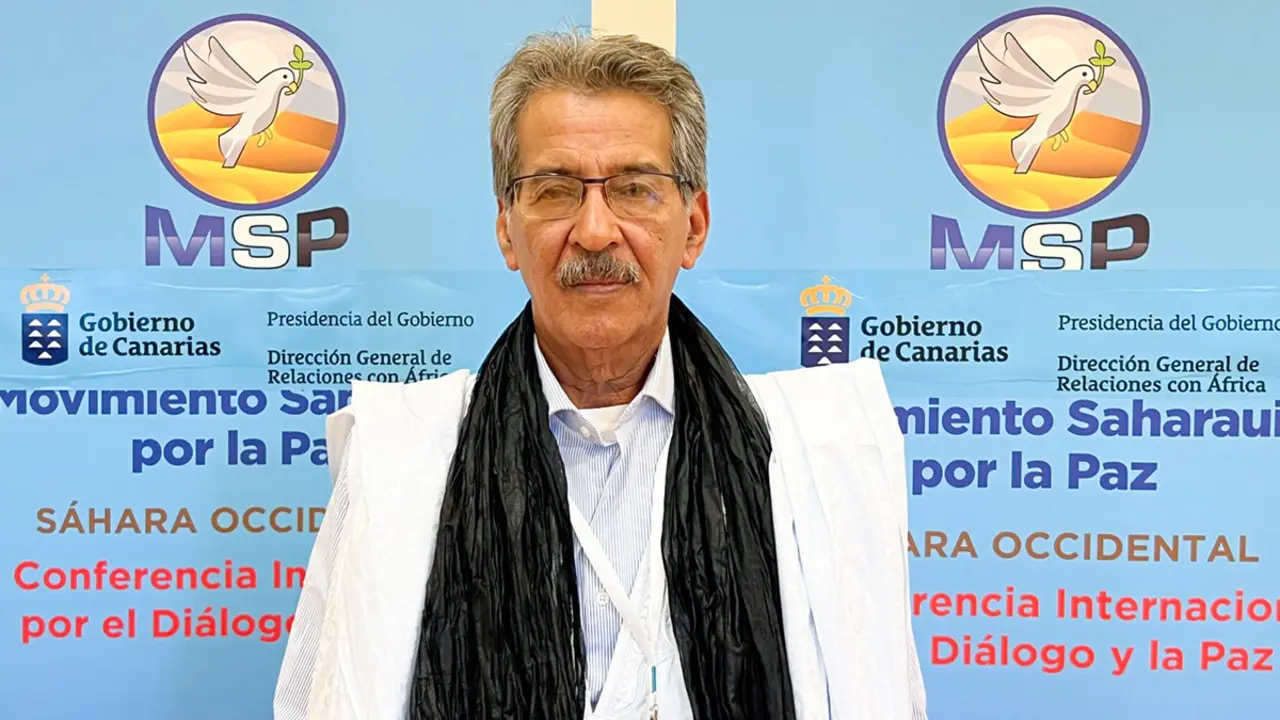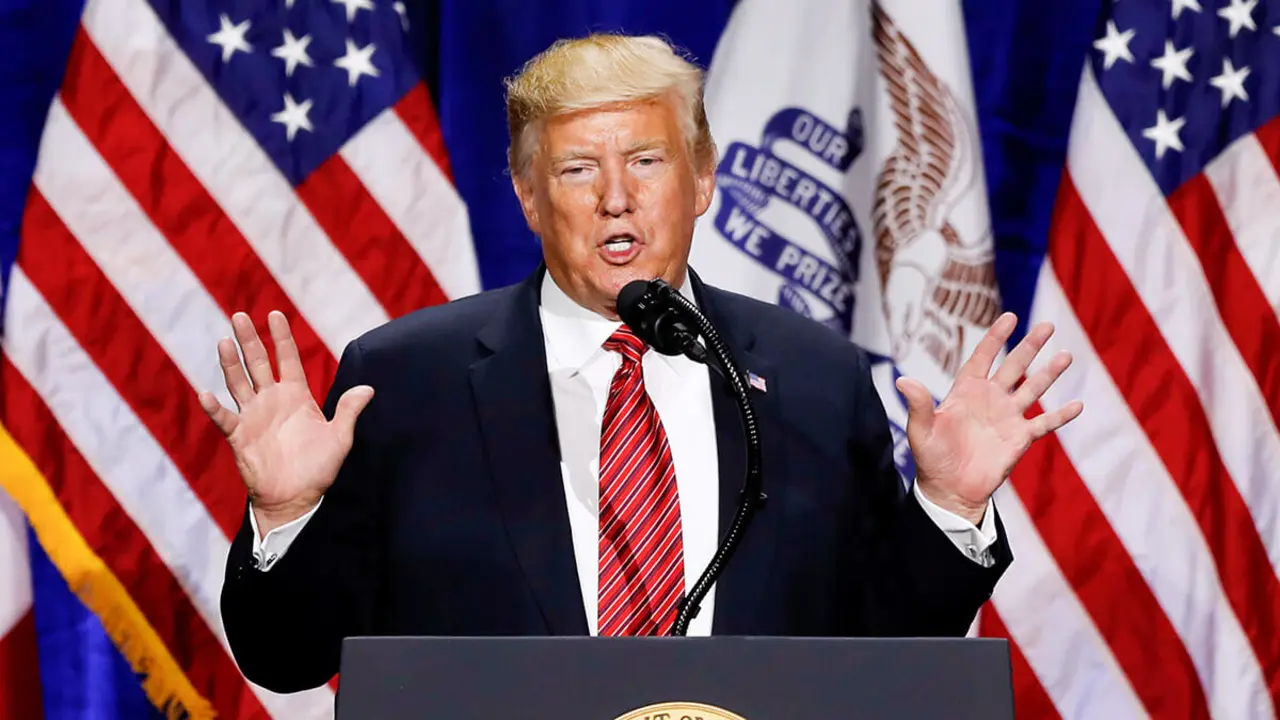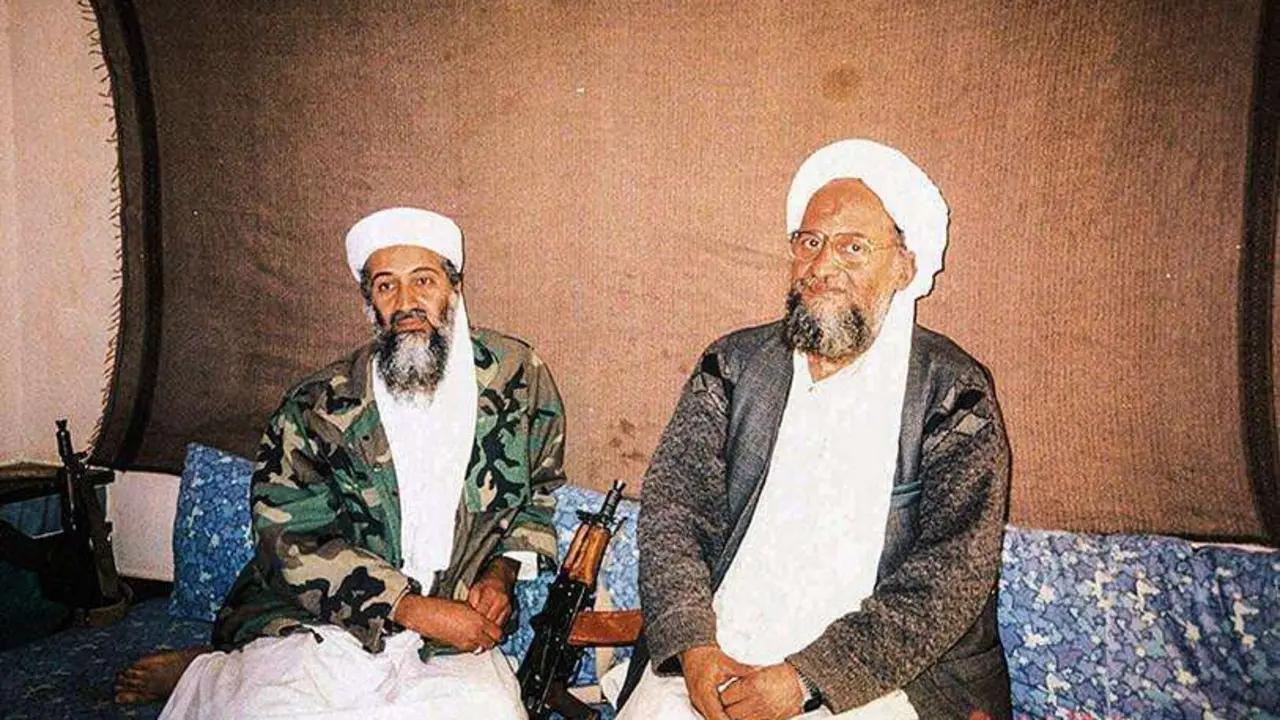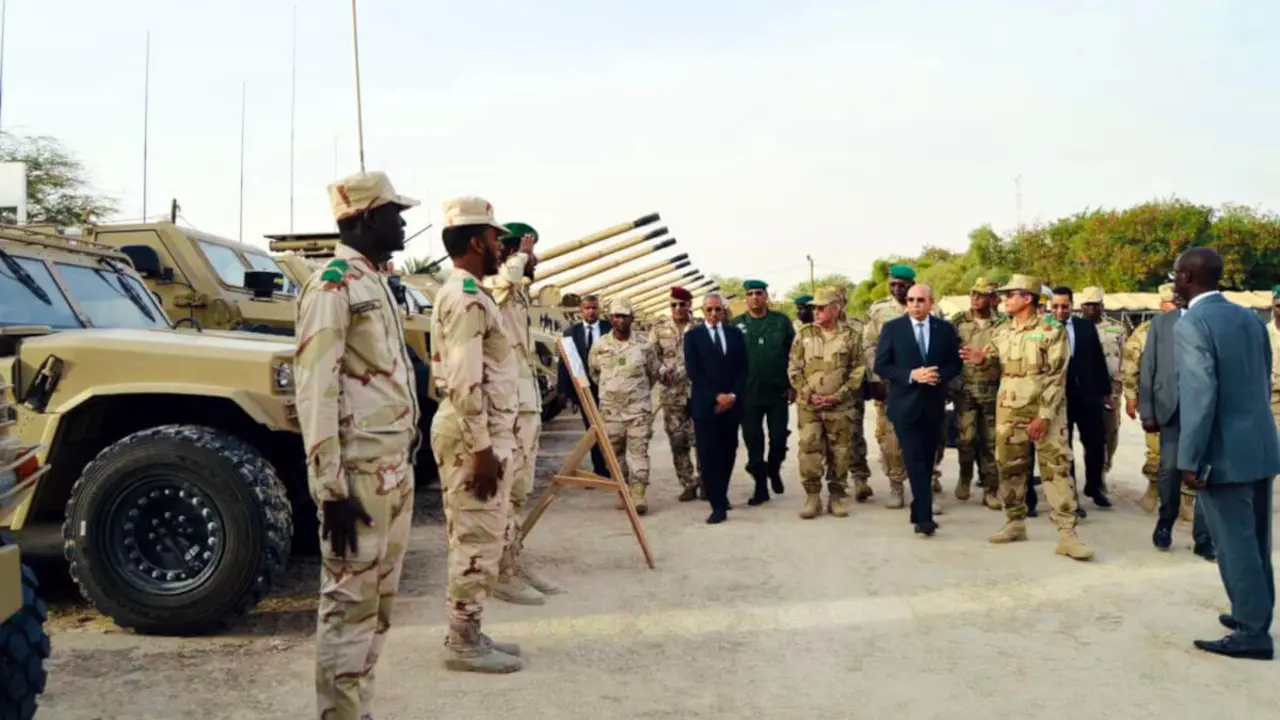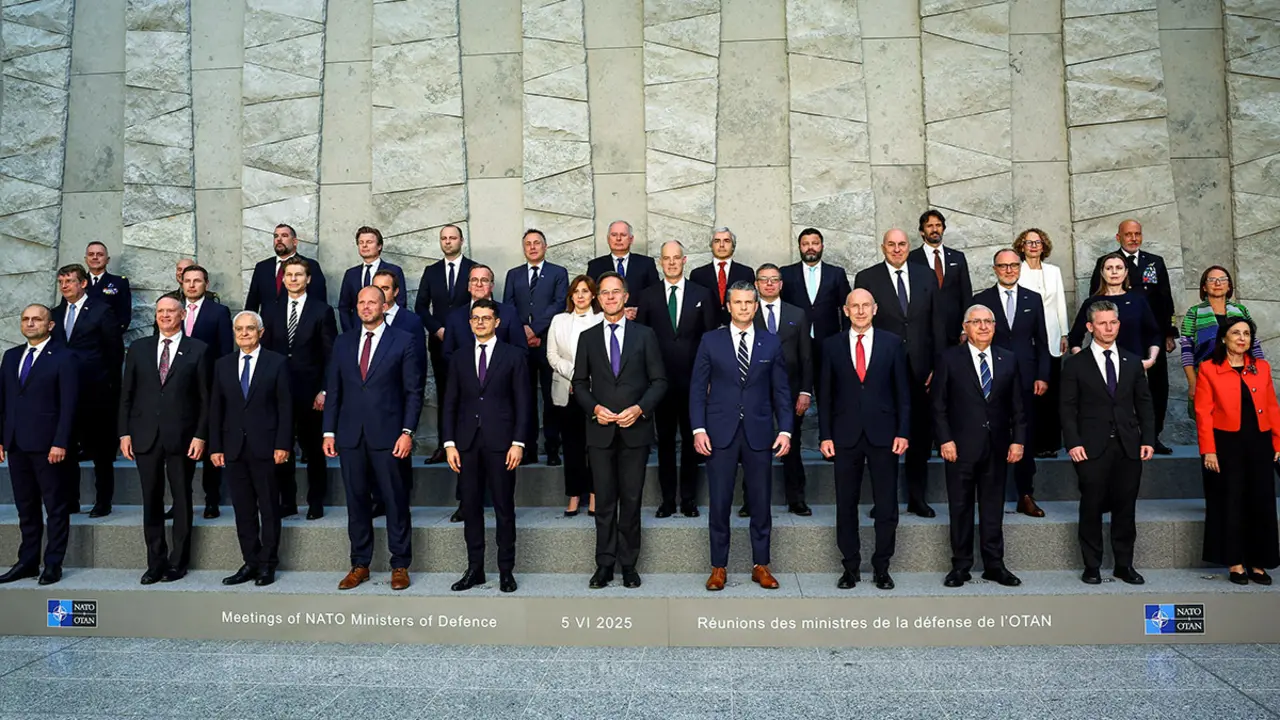Schuman's Europe seventy years later

"World peace cannot be safeguarded without the making of creative efforts proportionate to the dangers which threaten it," said Robert Schuman, one of the founding fathers of the European Union (EU) in a speech in Paris on 9th May 1950. After his speech the Treaty of Paris was signed giving birth to the ECSC, the European Coal and Steel Community. The Brexit and its consequences, the pandemic caused by the coronavirus and the migration crisis are some of the dangers that threaten the European dream seventy years after the French Foreign Minister Robert Schuman gave this speech.
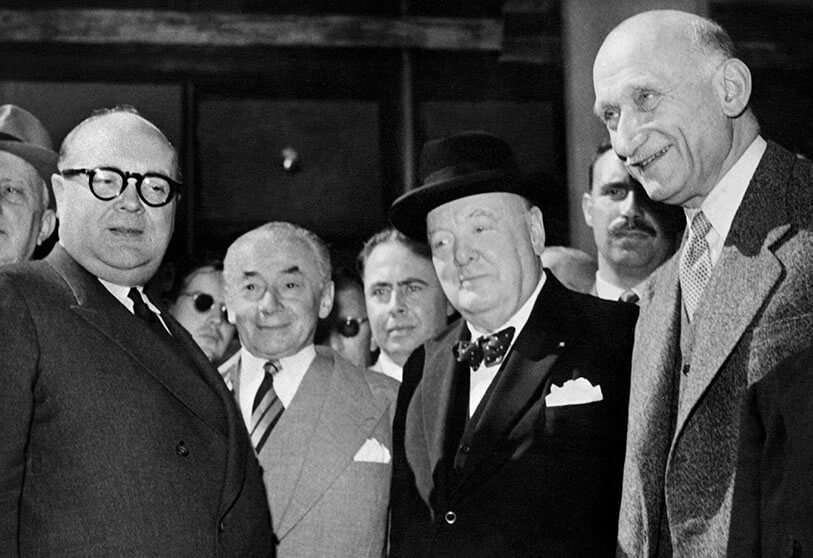
In 2019, more than 70,000 migrants arrived in Greece by sea or land with the hope of starting a new life in some European country. The EU has not stopped working since then to provide an answer to the thousands of people who every day try to enter to European soil. The migration crisis of 2015 threatened some of the principles on which the EU was founded. Thousands of people have lost their lives trying to reach the shores of Europe and as many face the challenge every day of starting a new life from zero in a place whose traditions are totally different from those of their place of origin. Turkey's President Recep Tayyip Erdogan put the EU in danger after announcing that he was opening its borders to allow migrants to enter EU territory. Since then, more than 35,000 people have arrived at the Turkish-Greek border, fleeing from countries such as Syria, Libya and Afghanistan. Thus, in 2020, the migration crisis is once again in the spotlight.
The EU has continued to work to tackle this phenomenon, while trying to make the impact of the coronavirus pandemic as small as possible for all those who try to enter our continent every day. In this scenario, two institutions play a fundamental role, which are often relegated to a secondary role in order to give greater prominence to the European Commission and the European Parliament. However, in recent months both the European Council and the Council of the EU have made a great effort to prevent a repetition of the disaster that struck Europe in 2015. The European Council is thus responsible for setting strategic priorities on migration, while the Council of the EU determines the lines of action and mandates for negotiations with third countries. The existing alliance between one institution and another is essential to understand how the EU has acted in recent years in the face of the migration crisis.
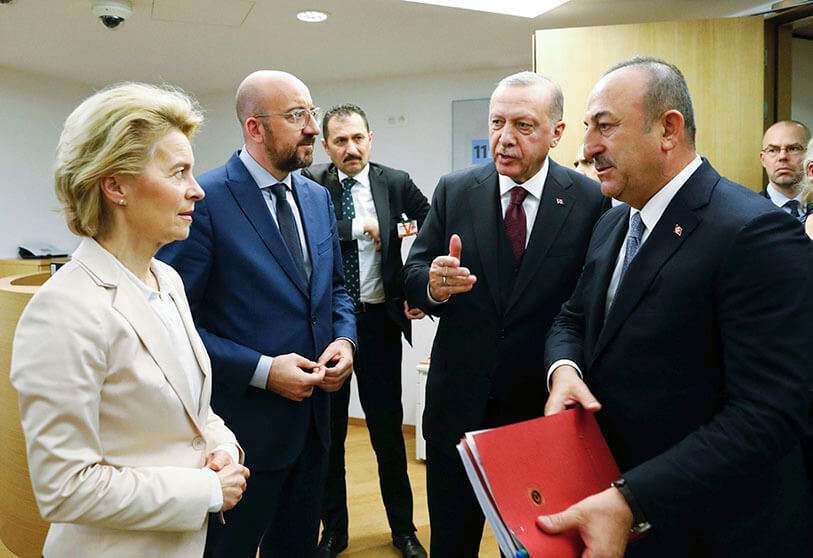
Following Erdogan's announcement of the opening of its borders to allow the entry of thousands of migrants into the European Union and in order to put pressure on this body to pursue its interests, the President of the European Council, Charles Michel, and the President of the European Commission, Ursula von der Leyen, held a meeting with the Turkish leader in Brussels. "Today's meeting with President Erdogan is an important step in the right direction. Both Turkey and the EU must work towards the full implementation of the EU-Turkey Declaration on migration in order to lower tensions," said Charles Michel at the end of the meeting which aimed to establish the roadmap for the implementation of the EU-Turkey Declaration on migration, security and stability in the region and to discuss the crisis in Syria, in which Erdogan is involved in supporting rebel militias that are fighting forces loyal to the Al Asad government.
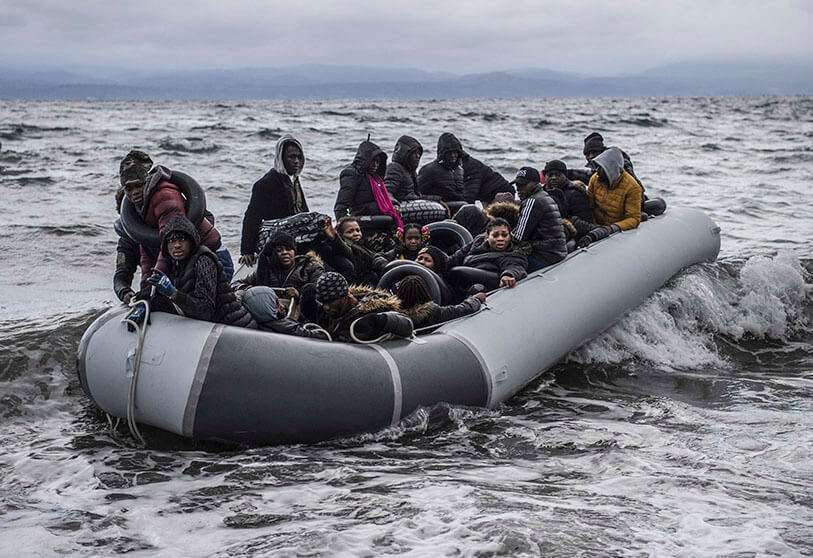
On 20 March 2016, EU and Turkish leaders signed an agreement to address irregular migration. This declaration had two principles which stated that "all new irregular migrants arriving in the Greek islands will be returned to Turkey if they do not apply for asylum or if their application is rejected, and that for every Syrian returned to Turkey from the Greek islands, another Syrian will be resettled in the EU", as the European Council said. In exchange, European institutions would have to pay out up to 3 billion euros to meet the needs of refugees in the Eurasian nation. The current geopolitical situation led Erdogan to open his borders, claiming that the EU had not complied with the agreement. The future of this declaration and the thousands of people who depend on it depends, in turn and at this time, on the EU's ability to deal with this crisis and on Turkey's empathy in renegotiating this document.
Robert Schuman probably did not expect when he gave his speech on 9 March 1950 that the current geopolitical landscape would endanger the principles on which he and other politicians of the time had built the EU. Right now, the new wave of refugees arriving in Europe is doing so through the borders of Turkey and Greece. However, the European Council warns that this is not the only way to access Europe, but that refugees and migrants use other routes to cross the Mediterranean.
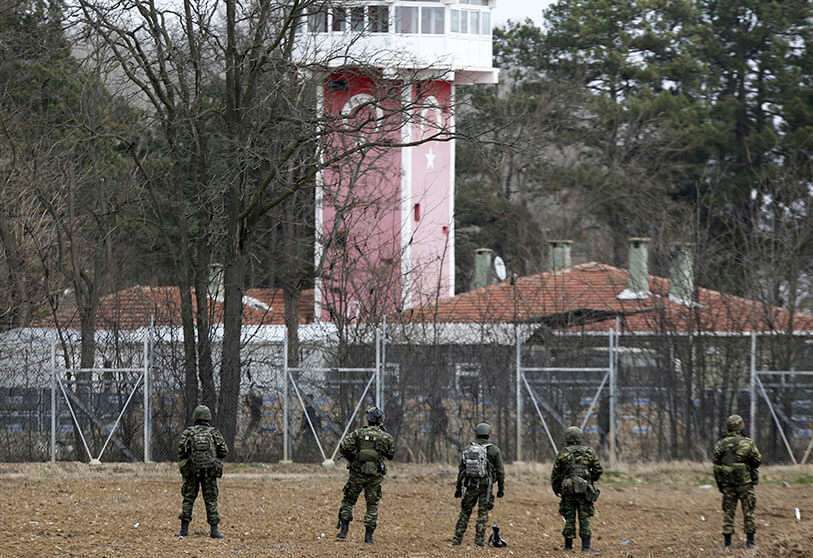
The Eastern Mediterranean route is that maritime crossing which connects Turkey and Greece. This route is the most used by refugees fleeing the conflict in Syria, one of the cruelest wars of the current century. Following the agreement signed between the EU and Turkey, the number of illegal migrants has been considerably reduced. According to data provided by the European Council, 82 000 irregular migrants arrived in the EU in 2019 via the Eastern Mediterranean route. In addition to providing financial assistance to Turkey, the EU is also contributing financially to Greece and Turkey, with more than 700 million to support Greece and has activated the necessary mechanisms, through Frontex or the EU Civil Protection Mechanism, to mobilize all the necessary material.
Refugees fleeing conflicts such as that in Libya do so via the Central Mediterranean route. In response to this situation, the European institutions have developed a series of measures to control migration from Libya and to analyze the root causes of irregular migration in Africa. The main problem with this route is that in the midst of the instability plaguing the North African nation there has been space for the emergence of illegal human trafficking and smuggling networks, an issue that directly affects European security networks. One of the latest measures taken in this area has been the approval of five new programmes relating to migration in North Africa, totaling EUR 61.5 million. The European Council indicates that, so far, the EU has allocated EUR 408 million to finance programmes to address the challenges facing Libya. This amount comes directly from the EU's Emergency Trust Fund for Africa.
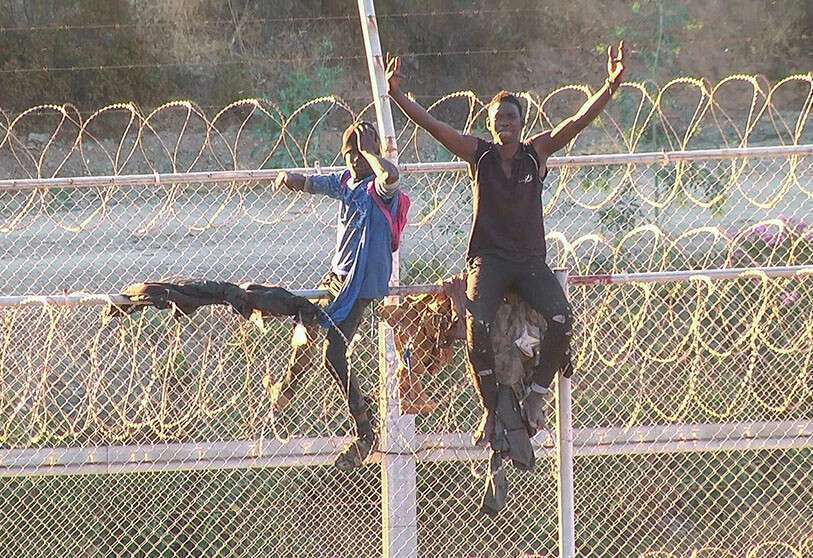
Last but not least is the Western Mediterranean route, one of the most used by migrants from sub-Saharan Africa and North Africa, mainly Morocco. The EU has contributed to this area by strengthening border controls and fighting illegal migrant trafficking networks.
While Erdogan was taking the decision to open the borders, the EU was considering how to solve one of the biggest challenges it has faced since its creation: the coronavirus pandemic. Even so, the mechanisms created years ago to manage legal migration flows with asylum seekers, highly skilled workers, students and researchers, seasonal workers and family reunification have continued to function, as far as the current health crisis has allowed. During 2016, at the peak of the refugee crisis, the EU and its Member States managed to increase both their aid to refugees and their development aid to developing countries. Since then, the EU and its Member States have gradually consolidated their position as one of the world's leading aid donors, as exemplified by the various reception mechanisms they have developed over the last decade.
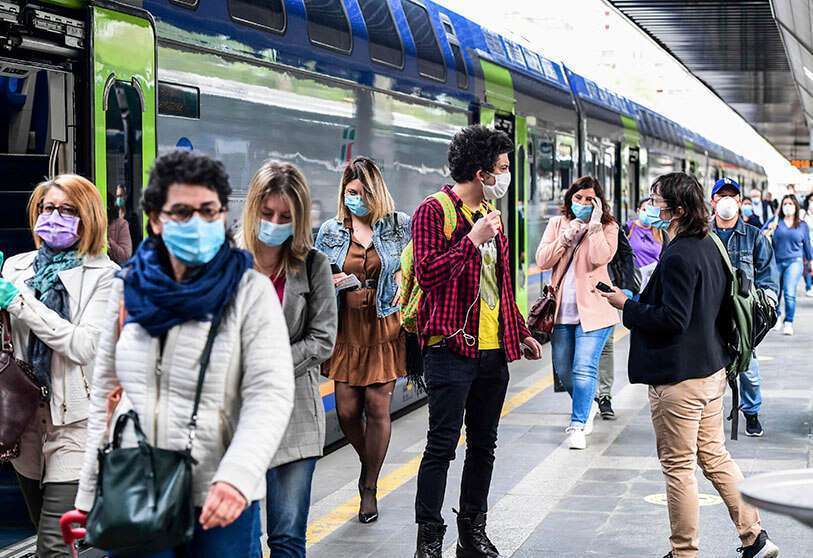
The European machine continues to work beyond the coronavirus pandemic or the migration crisis that threatens to put the EU back in danger in the way that Schuman thought it. At the moment, tensions between Brussels and Warsaw have added to the list of concerns of a Union struggling to cope with the economic crisis caused by the COVID-19. At the same time, the gap between the countries of the south and those of the north seems to be becoming a constant, while Brexit has become a reality. If 1950 was the year in which the EU began to take its steps to become what it is today, the year 2020 will be remembered for being the stage in which Europe had to face the greatest of its challenges: not forgetting what its principles are and betting on an integration that is now more necessary than ever.

